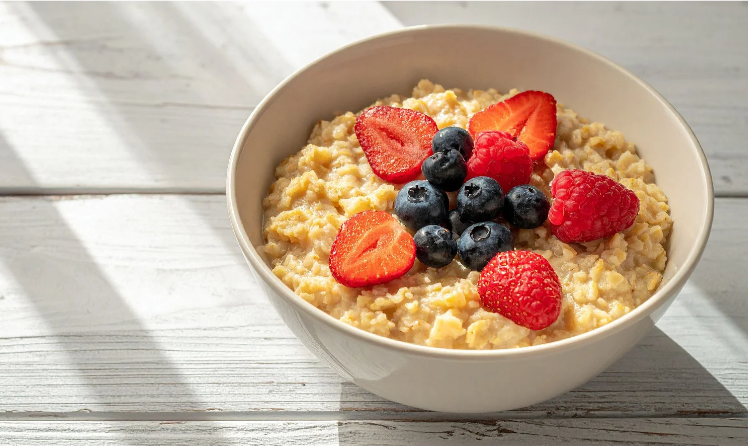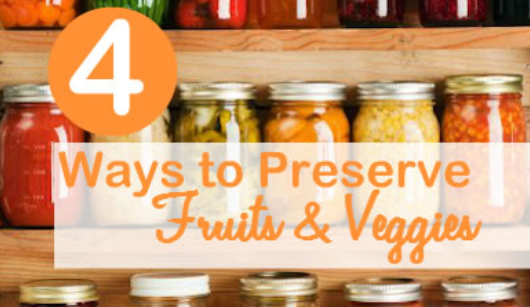Osteoporosis isn’t just a women’s issue—it's a condition that affects both men and women, often silently, and can lead to painful fractures and reduced mobility. The good news? With the right nutrition and lifestyle habits, you can support your bones at any age.
As health coaches, we empower individuals to take daily steps that support long-term health. And building stronger bones starts at the table.
Why Bone Health Matters
Osteoporosis occurs when bones lose density, becoming fragile and more prone to fractures. While women are at higher risk due to postmenopausal hormone shifts, up to one in four men over age 50 will experience an osteoporosis-related fracture in their lifetime (NOF, 2023).
A balanced, nutrient-dense diet—along with physical activity and other healthy habits—can help reduce your risk.
Nutrients That Support Strong Bones
The cornerstone nutrients for bone health include:
Calcium: Essential for bone structure
Vitamin D: Aids calcium absorption
Protein: Builds bone matrix
Magnesium, potassium, and vitamin K: Support bone metabolism
The Recommended Dietary Allowance (RDA) for calcium is (Institute of Medicine, 2011):
1,000 mg/day for adults aged 19–50
1,200 mg/day for women 51+ and men 70+
Calcium-Rich Foods—Dairy and Beyond
You don’t need to rely on dairy alone. Diverse food sources offer plenty of options for everyone:
Leafy greens (kale, bok choy, collard greens)
Calcium-set tofu and fortified plant milks
Canned salmon or sardines (with bones)
Beans, lentils, and soy foods
Fortified cereals and juices
Almonds, chia seeds, sesame seeds
Sample Ideas:
Blend fortified plant milk, yogurt, and fruit into a smoothie
Use tofu in a stir-fry or scramble
Make a power bowl with quinoa, beans, and leafy greens
Swap tuna for canned salmon in wraps or salads
Habits for Everyday Bone Support
Add leafy greens or broccoli to meals daily
Try a dairy or fortified alternative at each meal
Sprinkle nuts or seeds onto oats or salads
Get regular weight-bearing exercise (walking, strength training, dancing)
Stay hydrated—water helps every system in your body, including bones
Inclusive and Personalized Support
Not everyone can tolerate dairy, and preferences vary. Luckily, many plant-based options can meet your needs, with a little planning. Some people may benefit from supplements, especially for vitamin D, depending on sun exposure and lab values. Work with your healthcare provider or a registered dietitian to tailor a plan that's right for you.
Health Coach Tip: Start small—add one more calcium-rich food to your plate each day. It’s not about being perfect, but consistent, intentional choices that keep your bones strong over time.
References
Academy of Nutrition and Dietetics. Nutrition Care Manual: Osteoporosis. Academy of Nutrition and Dietetics; 2024.
Institute of Medicine. Dietary Reference Intakes for Calcium and Vitamin D. Washington, DC: The National Academies Press; 2011.
National Osteoporosis Foundation. Healthy Diet for Bone Health. Updated 2023. Available at: https://www.nof.org/preventing-fractures/nutrition/
Harvard T.H. Chan School of Public Health. Calcium and Milk. Available at: https://www.hsph.harvard.edu/nutritionsource/calcium/
Weaver CM, Gordon CM, Janz KF, et al. The National Osteoporosis Foundation’s position statement on peak bone mass development and lifestyle factors. Osteoporos Int. 2016;27(4):1281–1386. doi:10.1007/s00198-015-3440-3













